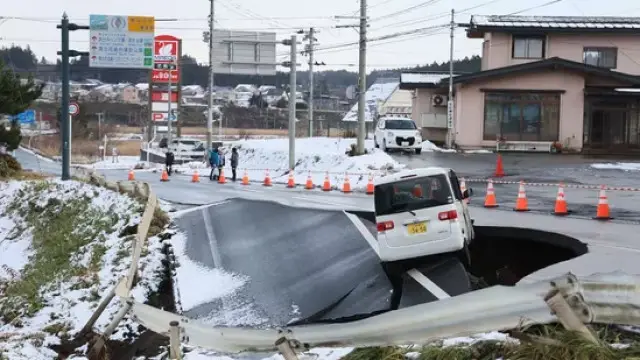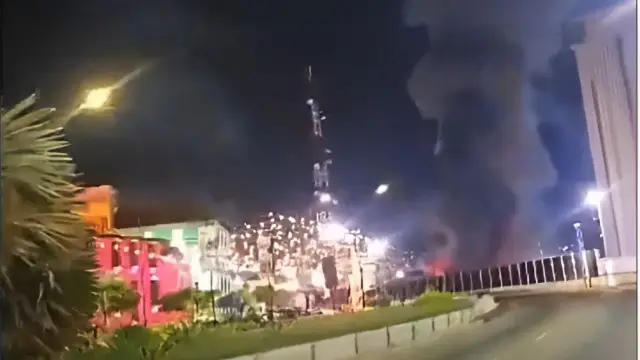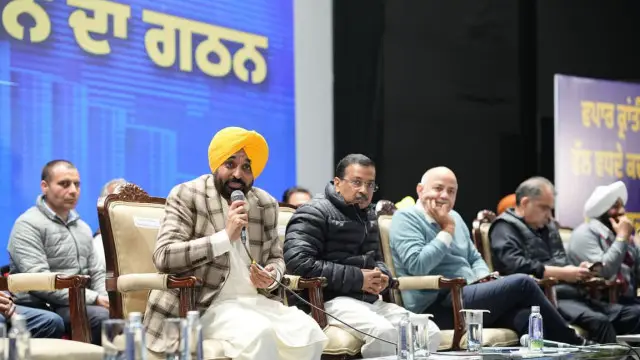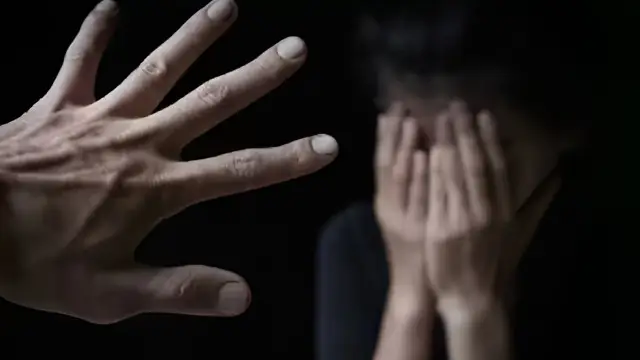Violent protests erupt in Bangladesh as calls for Prime Minister Sheikh Hasina's resignation intensify
The violent protests in Bangladesh have reached a boiling point, with calls for Prime Minister Sheikh Hasina's resignation intensifying. The scenes of unrest and the rising death toll paint a grim picture of the current state of affairs. The demands for change have united people from all walks of Bangladeshi society, creating a powerful anti-government movement.

Bangladesh Prime Minister Sheikh Hasina has found herself at the center of a storm as violent protests demanding her resignation sweep across the nation. The capital city of Dhaka has become a battleground, with hundreds of thousands of protesters taking to the streets to voice their discontent. The situation has escalated to such an extent that Sheikh Hasina has reportedly left the city, seeking refuge in a safer location along with her sister.
The protests, which initially began as a response to civil service job quotas, have quickly transformed into a wider anti-government movement. People from all walks of Bangladeshi society, including film stars, musicians, and singers, have joined the demonstrations, amplifying the voices of the protesters. Social media has played a significant role in spreading the message, with songs calling for support gaining widespread attention.
The scenes in Dhaka have been nothing short of chaotic. Despite the presence of soldiers and police with armored vehicles, the vast crowds managed to defy the curfew and storm the Prime Minister's palace. Visuals captured the jubilant protesters entering the official residence, waving to the camera as they celebrated their presence. The barriers that were meant to keep them at bay were torn down, symbolizing the determination and resolve of the demonstrators.
Tragically, the clashes between protesters and security forces have resulted in a significant loss of life. The death toll has risen to 98 people, bringing the total count since the start of the protests last month to over 300. The situation has become so dire that Bangladesh's army chief, Waker-Uz-Zaman, is set to address the nation in an attempt to restore calm. The country's security forces have been urged to prevent any potential takeover, while a senior advisor to Sheikh Hasina has acknowledged the possibility of her resignation.
The calls for Sheikh Hasina's resignation have grown louder with each passing day. Having been in power for 15 years, she now faces a united front of protesters demanding a change in leadership. The discontent that initially sparked the protests has evolved into a broader dissatisfaction with the government. The people of Bangladesh are yearning for a new direction, and they believe that Sheikh Hasina's resignation is the first step towards achieving it.
As the demonstrations continue, it is crucial to monitor the developments and assess the impact they may have on the political landscape of Bangladesh. The clashes between protesters and security forces have already left a scar on the nation, and the situation remains tense. The world watches as the people of Bangladesh fight for their voices to be heard and for a brighter future.
The violent protests in Bangladesh have reached a boiling point, with calls for Prime Minister Sheikh Hasina's resignation intensifying. The scenes of unrest and the rising death toll paint a grim picture of the current state of affairs. The demands for change have united people from all walks of Bangladeshi society, creating a powerful anti-government movement. As the nation grapples with this crisis, it is essential to remember the importance of peaceful dialogue and the need for a peaceful resolution. Only then can Bangladesh move forward towards a more stable and prosperous future.
















